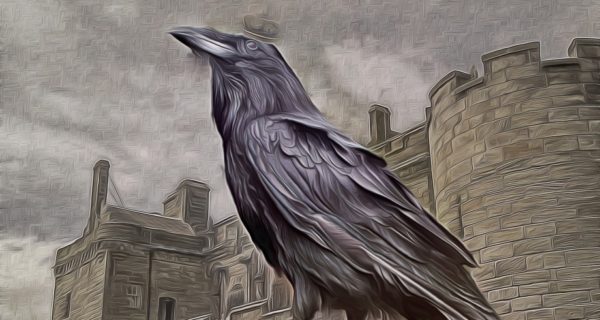By Amanda Pizzolatto (alias Aurora Mandeville)
Word count: 753
Rating: G (suitable for all audiences)
Summary: A new fairy tale in the style of the old ones
Once upon a time, in a far away land, lived a king without any children. Desperate for an heir, he chose the sons of two of his advisors to inherit his throne. But a few years later, a happy day arrived, and the queen gave birth to a boy. He was sickly at first, but grew strong and was the apple of his father’s eye. However, when the prince became sixteen, one of the two advisors argued for their sons to have a chance at inheriting the throne. He was hoping that, because his son was the eldest of the three, he would no doubt inherit the throne. But there was a problem with that plan, for all three boys loved each other like brothers, and the eldest would have stepped aside for the prince. However, to placate the advisor, the king decreed that each boy would have to prove his worth by completing four tasks. The one who completed the most tasks, preferably all four, would be the true heir. First, they had to destroy a monster plaguing the village by the sea and bring back its head. Second, one of them had to draw a sword out of a stone. Third, the kindest of them would be the only one to hold the magical Cup of Plenty. And fourth, they had to find a girl, good and kind, to marry.
The boys set out, seeking to complete the tasks. They went to the village by the sea and dealt with the monster fairly quickly, the prince himself dealing the final blow and winning the head. It was the second heir who drew the sword from the stone, and the eldest who could hold the Cup of Plenty. Worrying, as they were tied now, the three sought out the advice of a local priest. The priest promised to ask God for some answers while the three rested. God sent him the answer through a dream, and the priest relayed the message to the three. The prince, as he won the monster’s head, would wear the crown and be the true king, with the other two as his advisors, one to advise primarily in war, as symbolized by the sword, the other in peace, as symbolized by the Cup of Plenty. The boys were quite happy with the setup, until they realized that they had yet to finish the fourth task, find a girl to marry. Smiling, the priest gave them three fine horses and directions to a lake deep within the woods.
Upon arriving at the lake, they found a fancy mansion, clearly full of magic. Three ravens perched on the walls, two black and one white, and the white one called out to them. The prince explained their errand, and the three birds alighted, changing into three beautiful princesses when their feet touched the ground. Quickly, they explained their situation. An ugly ogre had captured the princesses in an attempt to marry them to the ogre’s three sons. But the princesses refused, and the ogre changed them into ravens until they changed their minds, or three heroes could save them by doing what the princesses told them. They had to lure out the ogre with the smell of food using the Cup of Plenty, strike him down with the sword, and place the monster’s head in the ogre’s chair. If the ogre were to sit upon the chair before the sun set, he would be healed. If the sun set and he was not in the chair, he would perish.
The boys did as the three girls told them; the ogre was defeated, and his three sons were defeated soon afterwards. The princesses were freed from their curse and decided to marry their three rescuers. The white raven chose the prince, and the black ravens chose the other two heirs, soon to be the prince’s advisors. The group rode home and was greeted with a grand feast, but once the king heard that all three boys had completed an equal number of tasks, he began to worry. But the priest was also present at the banquet; he rose and explained what God had revealed to him, the prince becoming king with the other two becoming his advisors. The king thought it a good setup, indeed, and proclaimed his son as his rightful heir. The three princesses married the three heroes, and the prince soon came to be known as a wise and just king, ruling his people well for many years.
